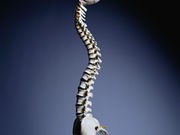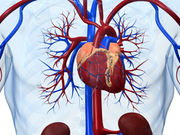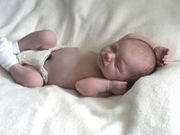Surgery
Home Surgery
February 2017 Briefing – Surgery
Here are what the editors at HealthDay consider to be the most important developments in Surgery for February 2017. This roundup includes the latest...
Hospitals May Be Overcharging for Hip, Knee Replacements
Prices double the average costs for the implants, but only one insurer included in the research
Colorectal Cancer Rates, Mortality Down in Americans Aged ≥50
Report suggests higher screening rates explain the positive trend
Physician Burnout Eroding Sense of Calling
Physicians who are completely burned out have lower odds of six validated aspects of sense of calling
Strategies Suggested to Protect Practices From Hackers
Small practices are a target, especially as larger organizations improve their security
Supreme Court Rules Patient Safety Data Subject to Litigation
Supreme Court of Florida reversed District Court of Appeal decision protecting patient safety data
Similar Outcomes for Disc Surgery in Older, Younger Patients
But older patients have a higher risk of minor complications, longer hospital stays
Cyberattacks Remain Serious Threat to Health Providers
Processes, technology should be boosted against cyberthreats, which are becoming more sophisticated
Anaortic Off-Pump CABG Tied to Reduced Risk of Post-Op Stroke
AnOPCABG linked to reduced risk of mortality, renal failure, bleeding complications, atrial fibrillation
Survival 79 Percent for Congenital Diaphragmatic Hernia
Survival 89 percent for those who did not need ECMO, versus 75 percent for those who received ECMO



















